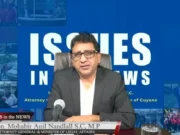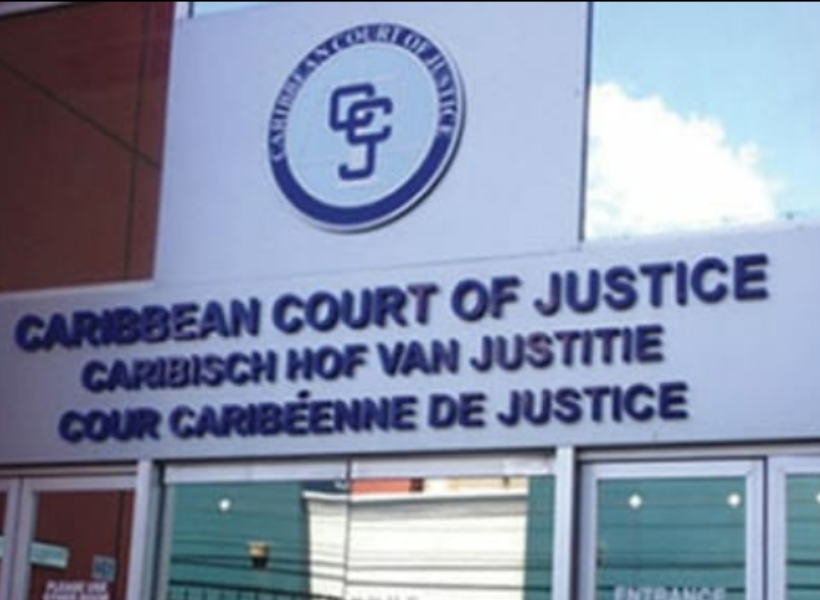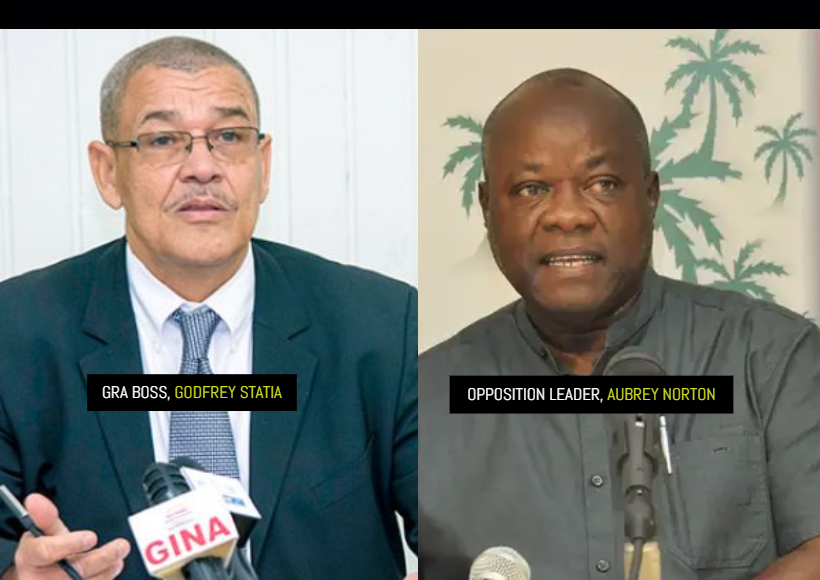At a recent virtual press conference, Opposition Leader, Aubrey Norton made an urgent call for a skills gap analysis in response to the troubling personnel crisis at the Guyana Revenue Authority (GRA). He attributed the significant staff attrition in this vital agency and even other industries such as health and infrastructure to governmental incompetence.
The issue had at GRA had been unveiled by Commissioner General, Godfrey Statia, to the Public Accounts Committee (PAC) just days before. The staffing situation is especially dire in the department overseeing the rapidly growing oil and gas sector, Statia revealed. He disclosed that the Petroleum Unit, a crucial arm of the GRA, is significantly undermanned, employing just 31 individuals against a required workforce of 65.
The crisis, however, is broader. Statia made it clear that GRA is attempting to operate with less than half the necessary workforce. The Cost Recovery Unit, responsible for auditing petroleum companies, is one of the departments that feels the deficit most acutely due to insufficient staffing.
Responding to these disclosures, Norton criticized the government, citing its failure to ensure competitive wages as one of the significant reasons behind the inability to retain skilled workers. However, he was adamant that the problem extends beyond mere remuneration.
He stated, “A lack of strategic planning and training by the regime compounds the issue. We must go beyond just offering competitive salaries; we need to holistically address the skills gap.”
Norton highlighted the urgent need for the government to conduct a skills gap analysis to strategically redress the deficiencies within the system. He stated, “This crisis reflects the government’s inadequacy. In my view, a comprehensive skills gap analysis is the first step towards a solution.”
His Economic Advisor, Elson Low, reinforced the call for a skills gap analysis. Like Norton, Low underscored the imperative for the government to furnish the GRA with the necessary resources for attracting and retaining skilled personnel. He condemned the present situation as simply unacceptable.
He warned, “The government’s disregard for the severity of the issue is alarming,” emphasizing the necessity of having the capacity to audit the expenses incurred in the Stabroek Block by an ExxonMobil-led consortium.
Currently, two audits concerning the oil and gas activities in the Stabroek Block remain outstanding. The first audit, set up in 2019, was to assess ExxonMobil’s US$1.6 billion expenditure between 1999 and 2017. Another audit, initiated in 2022 to scrutinize the oil company’s US$7.3 billion spending between 2018 and 2020, has yet to be completed.











